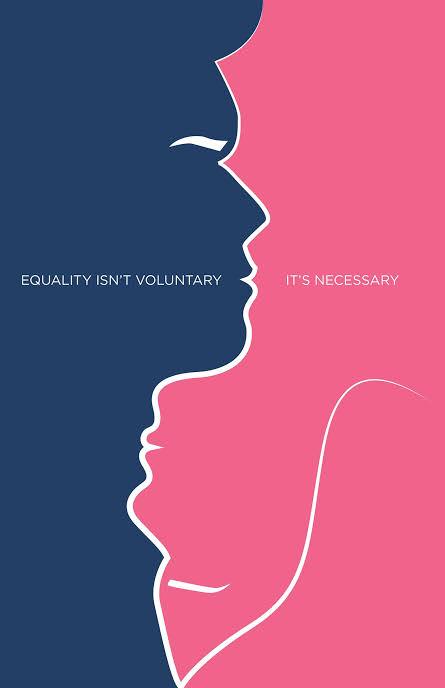The world is working toward Goal 5: Gender Equality of the Sustainable Development Goals (SDGs), aiming for full parity by 2030. When we talk about this goal, we often focus on highly visible issues like equal pay or the number of women in parliament. However, one of the biggest—and often invisible—barriers to gender equality lies right in our homes. It’s called the Unpaid Care and Domestic Work Gap.
The Hidden Cost of "Shared" Work
There's a widespread myth that in modern society, household and care tasks are now shared equally between partners. The stark reality, however, tells a different story: Globally, women spend about two and a half times more hours per day on unpaid domestic and care work than men.
This includes essential, uncompensated work that keeps households running, such as cooking, cleaning, laundry, childcare, and caring for the elderly or sick. This massive imbalance creates a "time tax" on women, directly restricting their ability to fully participate in public life.
The Barrier to Economic and Political Power
This uncompensated labor is the engine that keeps societies and economies functioning, yet it comes at a high personal cost. Because women dedicate significantly more hours to this work, they have less time for paid employment, education, political participation, and rest.
This time poverty is a key structural roadblock. It often forces women to take on part-time jobs or step out of the workforce entirely, directly contributing to the gender pay gap and reducing their chances of holding leadership roles. When women are economically dependent, their vulnerability to social and financial insecurity increases.
The SDG Solution: Recognize and Redistribute
The UN’s Sustainable Development Agenda directly addresses this crisis through SDG Target 5.4. This target calls on governments to:
"Recognize and value unpaid care and domestic work through the provision of public services, infrastructure and social protection policies and the promotion of shared responsibility within the household..."
Achieving true gender equality isn't just about passing laws in parliament; it’s about fundamentally changing how we value and divide labor in the private sphere. When unpaid work is formally recognized (e.g., in national accounts), reduced (through public services like affordable childcare), and redistributed, women gain the time and freedom needed to participate fully in economic and political life.
Take Action: Start the Change at Home
Achieving this global goal requires personal action from all of us.
What can you do today to close the Unpaid Labor Gap?
Start by tracking all household tasks—dishes, cooking, cleaning, bills, and care work—for just one week. If you notice a disparity, initiate a conversation with your household members to create a more equitable and conscious distribution of this essential work.
Closing the gap in unpaid labor is a crucial, daily step towards making Gender Equality (SDG 5) a reality by 2030 for all women and girls.

